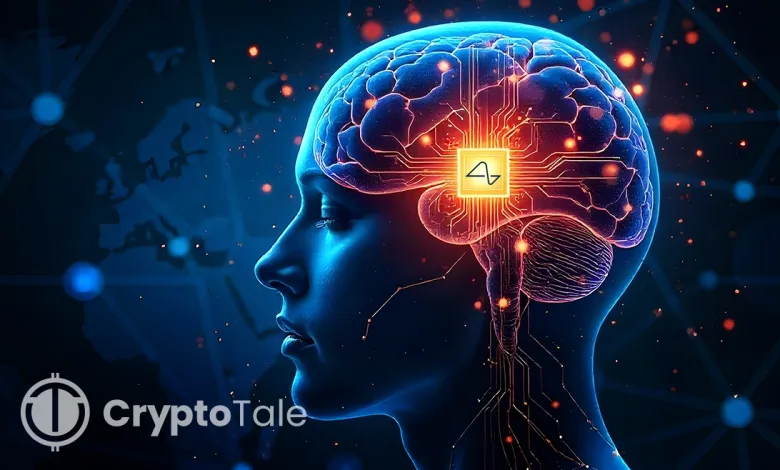Neuralink Expands Global Search for Patients to Test Brain Chip

- Neuralink seeks volunteers with quadriplegia for testing their brain chip technology.
- The implant allows users to control devices through thoughts, without any physical action.
- Eligibles must have quadriplegia from ALS or spinal injuries and be above 22 years old.
Elon Musk’s Neuralink is expanding its search for participants to test its brain chip technology. The company announced that individuals from around the world can apply, marking a significant step toward making brain-computer interfaces (BCIs) widely available.
Neuralink is developing a fully implantable and wireless BCI that allows users to control computers and other devices using only their thoughts. The aim is to help people with quadriplegia regain independence through advanced neural technology.
This global recruitment drive follows the launch of Neuralink’s PRIME Study, a clinical trial that evaluates the safety and effectiveness of its brain chip. The study also tests a robotic surgical system designed to implant the device into the brain.
Once implanted into the skull, the device won’t be visible, as it is very small. It targets the part of the brain responsible for movement planning. The device interprets neural activity, allowing users to operate computers or smartphones by thinking about movements. No physical action is required.
The study aims to find better ways for implanting the product and optimizing its usability. Further, Neuralink hopes that this technology could restore the lost functions of individuals with severe mobility impairments while also improving their communication skills and control over digital devices.
The company seeks applicants who suffer from quadriplegia due to spinal cord injuries or amyotrophic lateral sclerosis (ALS). All candidates must be above 22 years old and have suffered from their illness for longer than a year without any signs of improvement. Further, participants will be provided with a caregiver.
Related: Elon Musk Exposes ‘Magic Money’ Computers in US Government
However, Neuralink cannot accept patients with active implanted medical devices like pacemakers or deep brain stimulators. Also, those with a history of seizures, requiring MRIs, or receiving transcranial magnetic stimulation (TMS) are excluded.
By expanding its search for patients, Neuralink reflects the commitment to advancing brain chip technology and seeks to demonstrate real-world applications for BCIs. While the technology raises excitement, it also sparks discussions about its ethical and practical implications.
Neuralink is one of the leading companies in the brain-computer interface sector. The firm keeps advancing in both neuroscience expertise and technological capabilities. If the brain chip test is successful, it could transform the way people with severe disabilities manage their interactions with the world.




